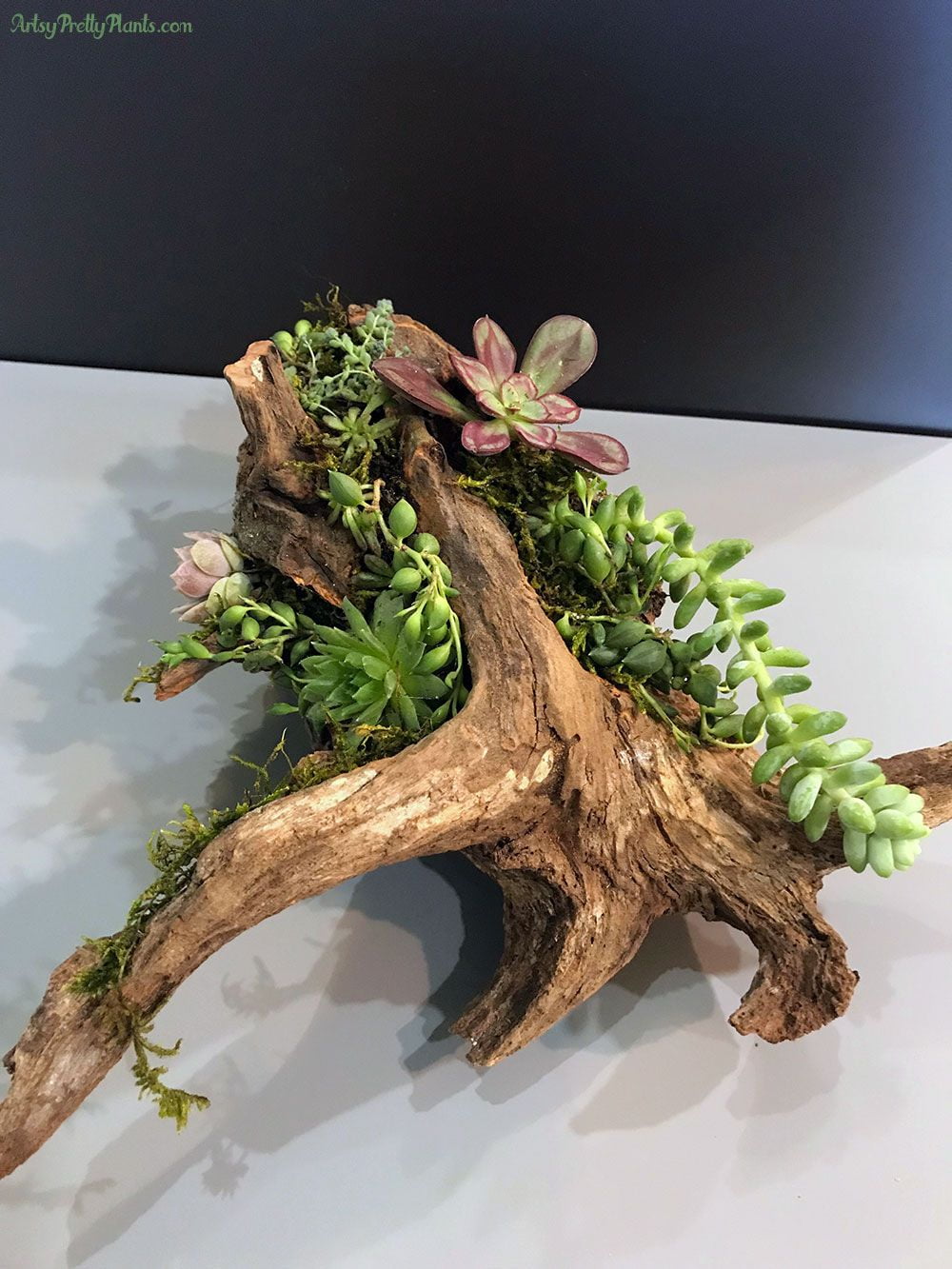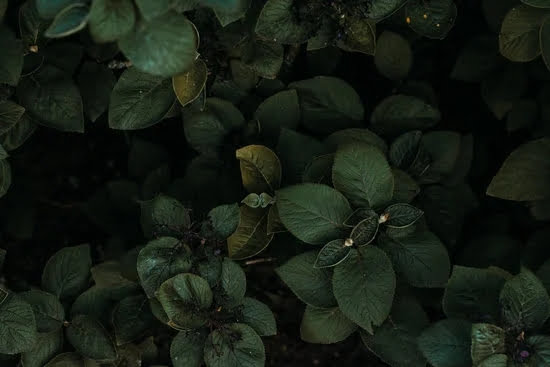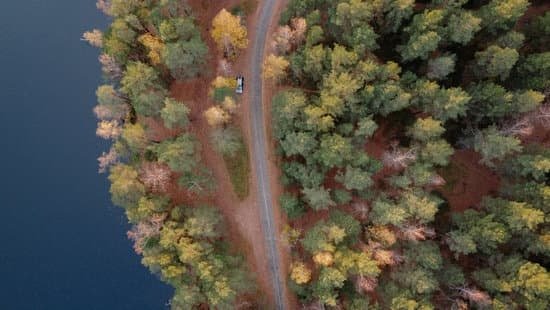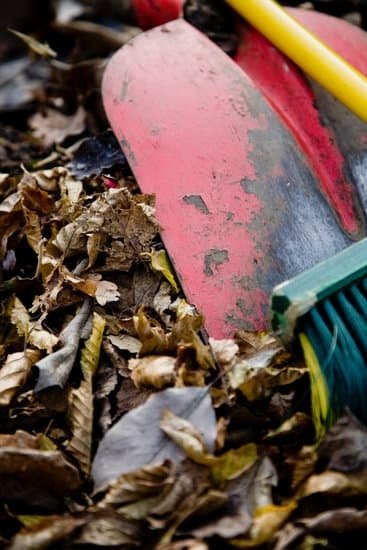Tips For Gardening Beginners
If you’re new to gardening, it can be tough to know where to start. But with a little bit of guidance, you can be on your way to a thriving garden in no time. Here are a few tips for gardening beginners:
1. Start small. When you’re just starting out, it’s best to start small. You don’t want to bite off more than you can chew, and you don’t want to get overwhelmed. Start with a few plants and see how it goes.
2. Choose the right plants. Not all plants are created equal. You need to choose plants that are suited to your climate and your soil type. If you choose the wrong plants, you’re going to have a lot of trouble keeping them alive.
3. Don’t over water. This is a common mistake for beginners. You need to water your plants, but you don’t want to water them too much. Over watering can kill your plants.
4. Mulch. Mulching is a great way to keep your plants healthy. It helps to keep the soil moist and it prevents weeds from growing.
5. Get a soil test. If you’re not sure what kind of soil you have, get a soil test. This will help you to choose the right plants for your garden.
6. Use organic methods. If you want to garden organically, there are a few things you need to know. You need to use organic fertilizers and you need to avoid using pesticides.
7. Be patient. Gardening is a slow process. It takes time to see results. Don’t get discouraged if your plants don’t grow overnight.
8. Learn from your mistakes. Gardening is a learning process. You’re going to make mistakes, but that’s okay. Just learn from your mistakes and move on.
9. Ask for help. If you need help, don’t be afraid to ask for it. There are plenty of people who are happy to help beginners get started in gardening.
10. Have fun. Gardening should be fun. Don’t take it too seriously. Relax and enjoy your garden.
Good Gardening Tips For Beginners
If you are new to gardening, it can be a bit daunting when trying to figure out where to start. There are a few basic things you need to know in order to create a successful garden. Here are some good gardening tips for beginners:
1. Start by choosing the right plants. Not all plants are suited for every climate, so it is important to choose plants that will thrive in your area.
2. Make sure to plan your garden properly. You need to think about things like sunlight exposure, soil type, and drainage.
3. Be sure to fertilize and water your plants properly. This will help them to grow healthy and strong.
4. Keep your garden free of pests and diseases. This can be done by using organic methods or by using pesticides.
5. Enjoy your garden! Gardening can be a fun and rewarding hobby.
Gardening Tips For Beginners Western North Carolina
If you’re new to gardening, or just starting out in western North Carolina, there are a few things you should know to make the experience a little easier and more successful. First, gardeners in this region should be aware of the relatively short growing season. Although we do have a few months of warm weather, the average last frost date is late April, so it’s important to get your plants in the ground early. Also, our high elevations and mountainous terrain can make gardening a bit more challenging – soils can be thin and dry, and the sun can be quite intense.
But with a little bit of knowledge and some preparation, gardening in western North Carolina can be a rewarding and enjoyable experience. Here are a few tips to help you get started:
1. Choose the right plants. Not all plants are suited for our climate, so it’s important to choose plants that are adapted to our conditions. Some plants to consider include rhododendrons, azaleas, mountain laurels, blackberries, strawberries, and tomatoes.
2. Prepare the soil. In order for plants to thrive, they need healthy soil. Add organic matter such as compost or peat moss to the soil to improve its structure and fertility.
3. Mulch. Mulching is a great way to protect the soil from erosion and to keep it moist. Mulch also helps to suppress weed growth.
4. Water wisely. In western North Carolina, water is a precious resource, so it’s important to water your plants wisely. Try to water early in the morning so that the water can evaporate and help to cool the air. Also, make sure to water deeply to ensure that the roots get enough moisture.
5. Be patient. Gardening is a process that takes time, so be patient and don’t expect to see results overnight. With a little bit of effort, you’ll be able to create a beautiful garden that will thrive in western North Carolina’s climate.
Beginner Greenhouse Gardening Tips Uk
Greenhouses provide the perfect environment for plants to grow in, whether you are a beginner or experienced greenhouse gardener.
The main benefits of using a greenhouse are:
1. You can extend the growing season, so you can grow plants that wouldn’t normally be able to grow in your climate.
2. You can grow plants that need a higher temperature or humidity than can be provided outdoors.
3. You can control the environment in the greenhouse, so you can ensure your plants are getting the right amount of light, water and nutrients.
4. You can protect your plants from pests and bad weather.
There are a few things to keep in mind when setting up and using a greenhouse:
1. Make sure the greenhouse is in a sunny spot and that it has good ventilation – if it’s too hot or too humid, your plants will suffer.
2. You’ll need to water your plants regularly, especially if you’re growing plants that need a lot of water (e.g. tomatoes).
3. You’ll need to fertilize your plants regularly, especially if you’re growing plants that need a lot of nutrients (e.g. tomatoes).
4. Protect your plants from pests and bad weather.
5. Keep an eye on the temperature and humidity levels in the greenhouse and adjust them as necessary.
If you’re a beginner greenhouse gardener, these tips should help you get started. For more information, please consult a gardening book or online gardening forum.
Spring Gardening Tips For Beginners
Spring is finally here, and that means it’s time to start thinking about gardening! If you’re a beginner, don’t worry, we’ve got you covered. Here are a few tips to help you get started:
1. Choose the right plants. Not all plants are suitable for spring gardening. Make sure to choose plants that are suited to your climate and soil type.
2. Amend your soil. If your soil is not in good condition, amend it before planting. Add compost, manure, or other organic matter to improve drainage and fertility.
3. Mulch your plants. Mulching helps to protect plants from the heat and cold, and also helps to retain moisture.
4. Water your plants. Make sure to water your plants regularly, especially during hot weather.
5. Fertilize your plants. Fertilize your plants with a balanced fertilizer once or twice a month.
6. Prune your plants. Prune your plants to keep them healthy and looking their best.
7. Watch for pests and diseases. Keep an eye out for pests and diseases, and take steps to control them if necessary.
8. Enjoy your garden! Spring is a beautiful time of year, and there’s nothing like spending time in your garden surrounded by beautiful plants.

Welcome to my gardening blog! I am passionate about plants and enjoy sharing my knowledge and experiences with others. In this blog, I will write about everything related to gardening, from tips on how to get started to updates on my own garden projects.





